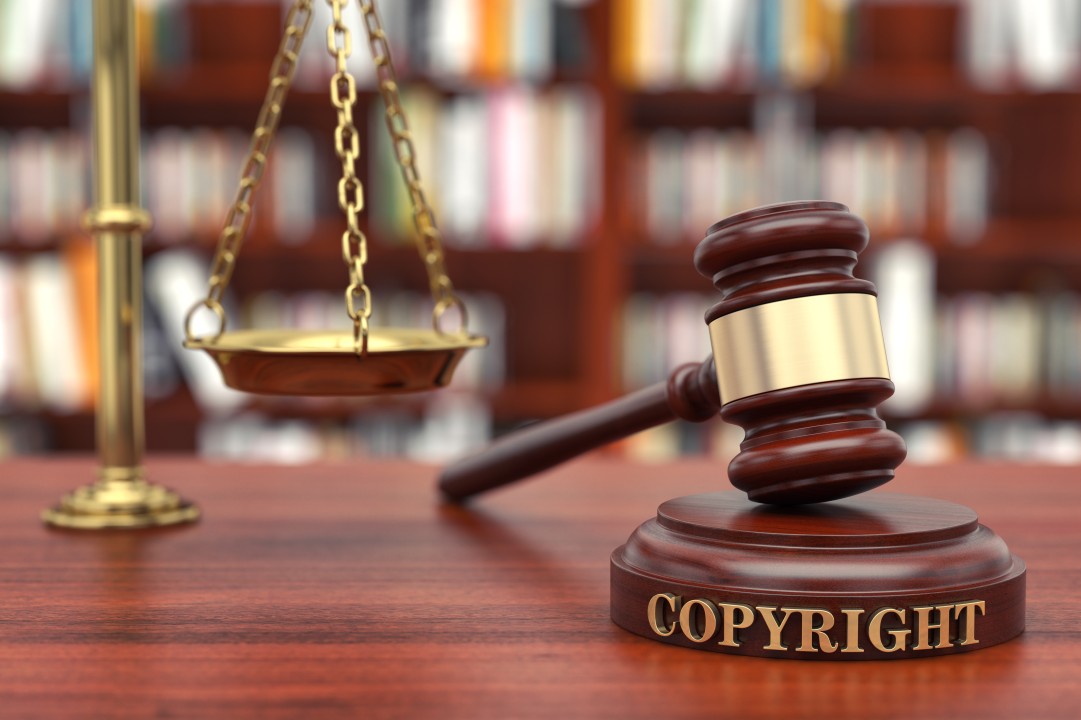
Registering your compositions is crucial for several reasons:
1. Proof of Ownership:
- Legal Protection: Registration establishes a public record of your ownership, making it easier to prove your rights in case of copyright infringement.
- Deterrence: Knowing that your work is protected can deter potential infringers.
2. Royalty Collection:
- Performance Royalties: When your music is played on radio, TV, or in public venues, performance rights organizations (PROs) like ASCAP, BMI, and SESAC collect royalties on your behalf. Registration ensures you receive your share of these earnings.
- Mechanical Royalties: When your music is reproduced, such as on CDs, digital downloads, or streaming services, mechanical rights organizations (MROs) collect royalties. Registration helps you claim your share of these royalties.
- Synchronization Royalties: If your music is used in films, TV shows, or commercials, synchronization royalties are generated. Registration helps you claim your share of these royalties.
3. Licensing Opportunities:
- Increased Visibility: Registered compositions are more easily discoverable by potential licensees, such as film and TV producers, advertisers, and game developers.
- Enhanced Negotiation Power: Registration gives you more leverage when negotiating licensing deals.
Understanding PROs and MROs for Music Registration
PROs (Performing Rights Organizations)
- Purpose: Collect performance royalties (when your music is played on radio, TV, in public venues, etc.)
- Major US PROs:
- ASCAP (American Society of Composers, Authors, and Publishers)
- BMI (Broadcast Music, Inc.)
- SESAC (Society of European Stage Authors and Composers)
MROs (Mechanical Rights Organizations)
- Purpose: Collect mechanical royalties (when your music is reproduced, such as on CDs, digital downloads, or streaming services)
- Major US MRO:
- MLC (Mechanical Licensing Collective)
 5 Reasons to Register Your Music Compositions:
5 Reasons to Register Your Music Compositions:
- Proof of Ownership: Registration establishes a public record of your ownership, making it easier to prove your rights in case of copyright infringement.
- Royalty Collection: Registration ensures you receive your fair share of royalties when your music is performed, reproduced, or used in other media.
- Licensing Opportunities: Registered compositions are more easily discoverable by potential licensees, such as film and TV producers, advertisers, and game developers.
- Legal Protection: Registration gives you stronger legal protection against copyright infringement and allows you to pursue legal action if necessary.
- Estate Planning: Registering your compositions helps ensure that your heirs can protect and manage your musical legacy after your passing.
Information and steps on how to register a song (your compositions)
Understanding the Differences: Registering with the U.S. Copyright Office vs. a Performing Rights Organization (PRO)
Both the U.S. Copyright Office and Performing Rights Organizations (PROs) play crucial roles in protecting your musical works and ensuring you receive fair compensation for their use. However, they serve different purposes and offer distinct benefits.
 U.S. Copyright Office
U.S. Copyright Office
Pros:
- Comprehensive Legal Protection: Provides the most robust legal protection for your musical work, including its composition, lyrics, and melody.
- Proof of Ownership: A registered copyright certificate serves as official proof of your ownership, which can be invaluable in legal disputes.
- Right to Sue for Infringement: A registered copyright allows you to sue for damages if someone infringes on your work.
Cons:
- Slower Processing Time: Registration can take several months.
- Higher Cost: Registration fees can be more expensive, especially for multiple works.
 Performing Rights Organizations (PROs)
Performing Rights Organizations (PROs)
Pros:
- Royalties for Public Performances: PROs collect and distribute royalties whenever your music is publicly performed, such as on radio, TV, or in live venues.
- Licensing and Synchronization: PROs handle licensing your music for use in films, TV shows, commercials, and video games.
- Global Reach: Many PROs have international affiliations, ensuring your music is protected and licensed worldwide.
Cons:
- Limited Protection: PROs primarily protect your performance rights, not your entire copyright.
- Potential for Overlooked Royalties: Some uses of your music, like background music in videos, may not be tracked by PROs.
Which Should You Choose First?
While you can register with a PRO first, it’s generally recommended to register your song with the U.S. Copyright Office first. This ensures comprehensive legal protection and establishes your ownership rights. Once your copyright is registered, you can then join a PRO to start collecting performance royalties.
Key Considerations:
- Type of Music: If you primarily create instrumental music, registering with a PRO may be sufficient. However, if you write songs with lyrics, registering with the U.S. Copyright Office is essential.
- Intended Use: If you plan to license your music for film, TV, or video games, registering with a PRO can be beneficial.
- Budget: Consider the costs of registration fees and potential legal expenses.
- Future Plans: Think about your long-term goals for your music career and choose the registration method that best aligns with your aspirations.
By understanding the differences between these two options and carefully considering your specific needs, you can make informed decisions to protect your musical works and maximize your earnings.
Here are the steps to register a song with the U.S. Copyright Office:
Create an account with the U.S. Copyright Office: This can be done online through their website. You will need to provide some basic information about yourself and your song.
- Gather your song materials: This includes the lyrics, sheet music, and a recording of the song. You must submit a copy of these materials with your registration application.
- Fill out the registration form: The form will ask for information about the song, such as the title, author, and copyright owner. You will also need to provide a brief description of the song.
- Pay the registration fee: The fee for registering a song is currently $55. You can pay this fee online with a credit card.
- Submit your registration application: Once you have completed the form and paid the fee, you can submit your application online. You will also need to upload copies of your song materials.
Once your application is processed, the U.S. Copyright Office will send you a registration certificate. This certificate is proof that you own the copyright to your song.
Here are some additional tips for registering your song:
- Register your song as soon as possible after you create it. This will help to protect your copyright in case of a dispute.
- Make sure that you have all of the necessary information before you start the registration process. This will help to avoid delays.
- Keep a copy of your registration certificate in a safe place. This certificate is an important proof of your copyright ownership.
Following these steps, you can register your song with the U.S. Copyright Office and protect your intellectual property rights.
The U.S. Copyright Office typically takes 3-9 months to process a copyright registration application and issue a certificate. However, this timeframe can vary depending on several factors, including:
- Completeness of the application: If your application is complete and accurate, it can be processed more quickly.
- Complexity of the work: More complex works, such as musical compositions with multiple authors or works with multiple copyrights, may take longer to process.
- Current workload of the Copyright Office: The office’s workload can fluctuate, which can affect processing times.
To expedite the process, you can consider using the eCO system for electronic filing, which can sometimes speed up the process. Additionally, you can pay an extra fee for special handling, which can significantly reduce processing time.
It’s important to note that while copyright protection begins as soon as a work is created and fixed in a tangible medium, registering your copyright provides additional legal benefits, such as the right to sue for infringement.
For the most accurate and up-to-date information on processing times, you can check the U.S. Copyright Office’s website or contact them directly.
Key Differences and Considerations
- Copyright Registration: Provides comprehensive legal protection for your song, including ownership rights and the ability to sue for infringement.
- PRO Registration: Secures performance rights and ensures that you are compensated when your music is publicly performed.
- MRO Registration: Protects mechanical rights and ensures that you are compensated when your music is reproduced.
It’s important to note that registering a song with a PRO or MRO doesn’t replace copyright registration. Both are essential for maximizing your earnings and protecting your rights.
